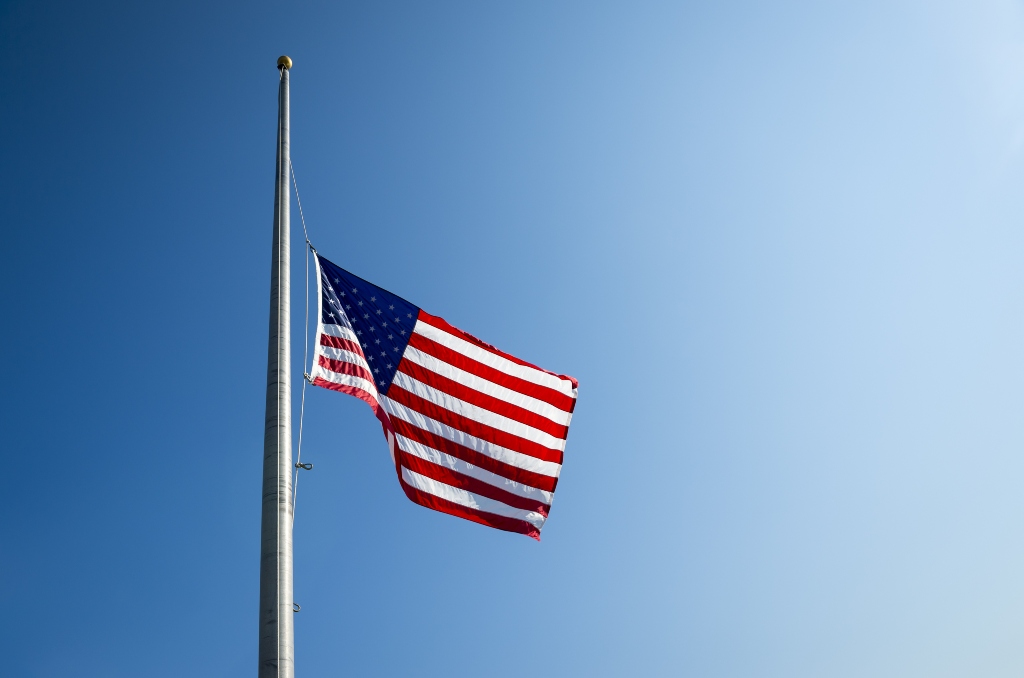Isaac Newton's 3rd law of motion is "for every action, there is an equal and opposite reaction". Where social movements are concerned, for every Black life that matters, there is a Blue life that matters. More broadly, for every progressive step forward, there is a regressive step backward. And so it goes on in equilibrium and disequilibrium. Everybody feels backlash, but not everybody experiences it personally or as deeply. Why is this?
I think that it is largely socioeconomic--the whiter and richer you are, the more insulated you are from the effects of backlash. The so-called cancel culture is real, but it is a two-sided coin. Left- and right-winged people cancel on a regular basis, but the idea of cancel culture is owned by the right-leaning folks by the way they frame it. Cancel culture from the left to them is anti-freedom, but when they do it, it is pro-freedom. Kind of slick to use the idea of freedom as a bludgeon and a value, right?
The corrosive thing about backlash is that it cedes no middle ground. It takes complex ideas and complex people and reduces them to doing good or evil. Well-meaning people can do and say very uninformed things and can even act in ways that are heinous in the eye of the beholder. But rather than to see it as a moment to clarify and educate, quite often, it is a moment of condemnation. While I believe that there are absolutely good reasons to ultimately condemn others who are creating real harm, in most cases, there is room for helpful dialogue.
So how do we go from the backlash to finding common ground? First, we recognize that canceling others is a politically motivated act; that is, we hold our viewpoint to be superior to another no matter what because our side is right and they are wrong. What if both of our viewpoints are flawed? Two, we recognize our humanity--we are all people who have pain points and each of us makes our stands based on what we know or are told. Third, we have a common enemy--misinformation. If we are using the same information, then our reactions are based on our philosophical differences, not the source of information.
Will this be easy? I'll readily agree it will not be. For one reason, we lack trust and everything ultimately can be politicized or worse, turned partisan. This is why I think it has to begin with pairs of differing people rather than a large group process. Trust in a group is harder to form than a one-on-one interaction. I think back to the former governor of Alabama, George Wallace, a staunch segregationist, who ultimately renounced his position largely due to the efforts of Shirley Chisholm who visited him after he survived an assassination attempt and shocked him by being at his side despite his stances. Through this encounter, his stances drastically changed to the point that, in his last term as governor, he nominated a record number of Black people to state commissions and renounced segregation. Dr. Martin Luther King once said, “Forgiveness does not mean ignoring what has been done or putting a false label on an evil act. Rather, it means that the evil act no longer remains as a barrier to the relationship. Forgiveness is a catalyst creating the atmosphere necessary for a fresh start and a new beginning. Forgiveness means reconciliation, a coming together again. Without this, no man can love his enemies.”


No comments:
Post a Comment